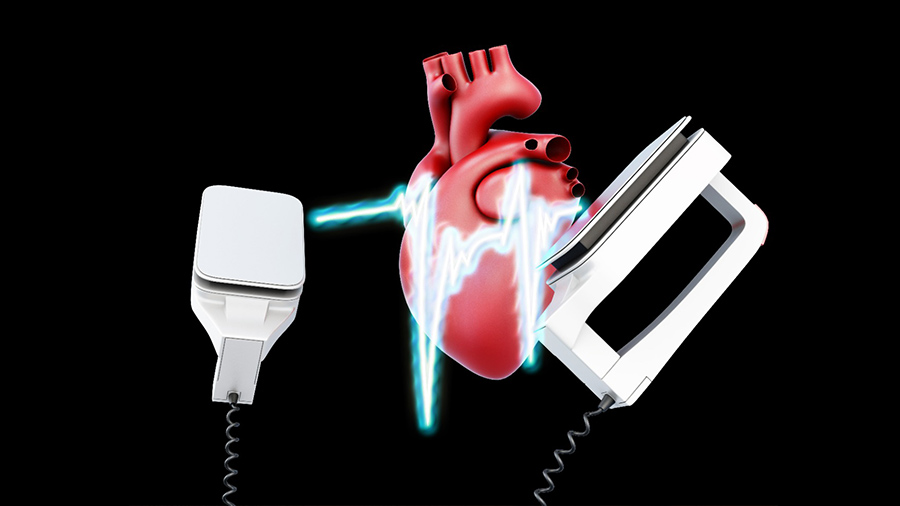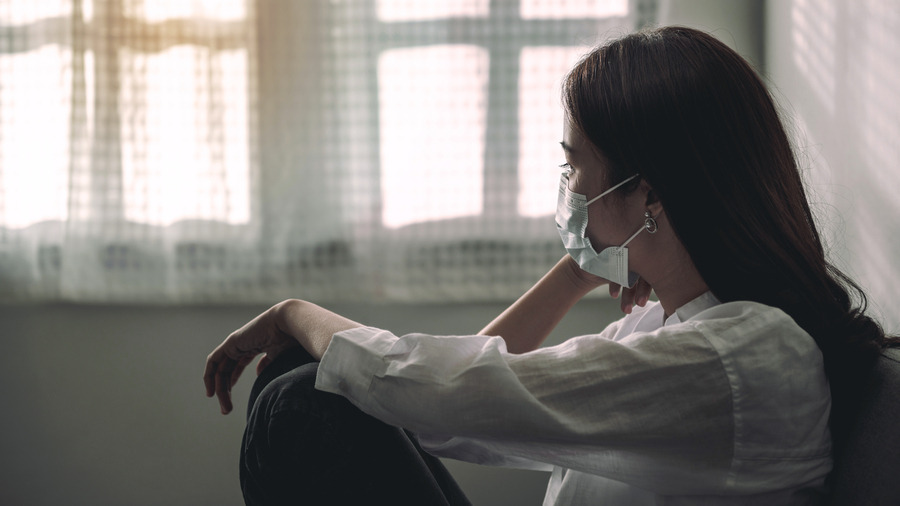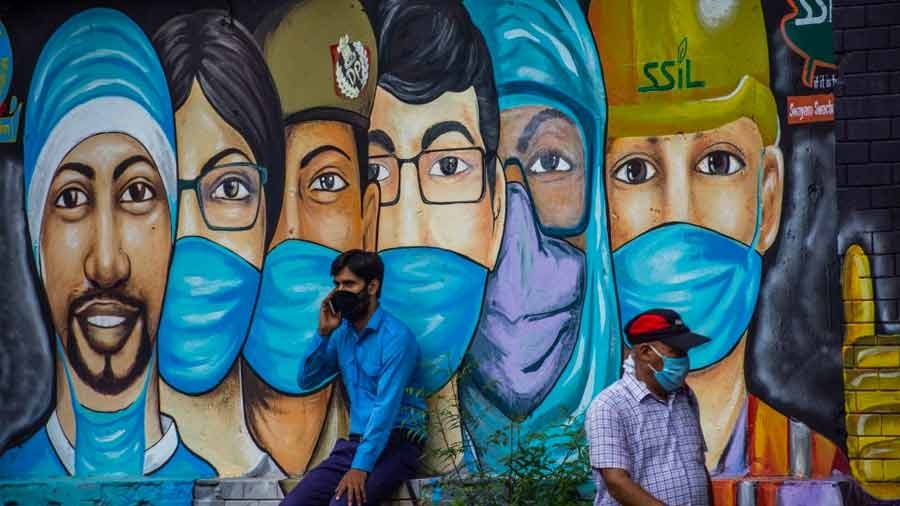India recorded 8,084 new cases of COVID-19 in a span of 24 hours, according to the Union Health Ministry data published on Monday. As a top WHO official recently indicated, the recent rise could be the beginning of a mini wave as the pandemic is yet to go away from India.
Globally, more than 6.3 million people died from COVID-19. As per various reports, it resulted in changes in some aspects of lifestyle diseases including acute myocardial infarction, otherwise known as heart attack.
Findings from a study published last year in Indian Heart Journal show that compared to 2019, there was a 35.4 per cent decrease in hospital admission of patients with heart attack in 2020 (from March 15 to June 15, 2020).
Although hospitalisation was less in 2020 than in 2019 during the study period, there was no difference in the mortality of the hospitalised patients in both the years, the study points out.
In May 2022, when the pandemic situation was relatively quieter across the country, people were shocked by two incidents of heart attack.
On May 31, the tragic death of the popular singer KK sparked disappointment across India. Shortly after his concert in Kolkata’s Nazrul Mancha, KK reportedly passed away due to a massive heart attack. He was only 53.
KK’s colleagues and friends reportedly said he used to lead a happy and disciplined life—with respect to diet, exercise and sleep. His fans and general audience at home and abroad mourned his unfortunate death.
Just days before KK’s shocking demise, on May 28, veteran Kerala-based singer Edava Basheer, reportedly collapsed on the stage and passed away at an event in Alappuzha. He was 78.
While collapsing, Basheer, as per videos available in Twitter and YouTube, was performing live the Hindi number “Mana Ho Tum Behad Haseen”. Like KK, he also reportedly suffered a heart attack.
The US Centers for Disease Control and Prevention (CDC) says a heart attack takes place when a portion of heart muscles does not receive sufficient blood; its clinical manifestation includes pain or discomfort in the chest, shortness of breathing, and pain or discomfort in the neck, shoulder, back, jaw or arm.
“If you’ve had a heart attack, your heart may be damaged. This could affect your heart’s rhythm and its ability to pump blood to the rest of the body,” says CDC.
“Several health conditions, your lifestyle, and your age and family history can increase your risk for heart disease and heart attack,” it mentions.
Death from heart attack is not uncommon in India. Last September, a study published in Health Services Research suggests that heart attack accounts for a large share of deaths due to cardiovascular diseases (diseases affecting “heart or blood vessels”), which contribute to 28.1 per cent of total deaths in India.
In terms of preventing sudden death arising from heart attack (in the context of KK’s death), UK-based cardiologists, who hail from Kolkata, shared some fascinating suggestions. “Sudden death in heart attack, which often occurs due to sudden cardiac arrest, could be prevented with the installation of automated defibrillator machines at public places,” says Arijit Ghosh, a cardiologist affiliated with NHS in the UK.
“The machine works by sending out an electric pulse or shock to restore the normal rhythm of the heart. It costs around Rs 1,00,000-1,50,000, you don’t need any specialised training to operate it,” he adds.
Amardeep Dastidar, a cardiologist at Bristol Heart Institute in the UK, said, “Time has come to educate everyone on emergency medical care or resuscitation in case of sudden cardiac arrest.”
“The commonest cause for the sudden cardiac arrest in adults is due to heart attack or blockage of the heart artery. It’s a medical emergency and needs immediate unblocking of the artery," he added.
"The need of the hour is to train common people how to provide basic life support, ensure prompt emergency access, and regular and periodic health checks. Society's reaction to such emergencies needs to be changed from ‘wait and watch’ to ‘act immediately’ mode," said Diptendra Sarker, a professor of surgery at IPGMER and SSKM Hospital.


